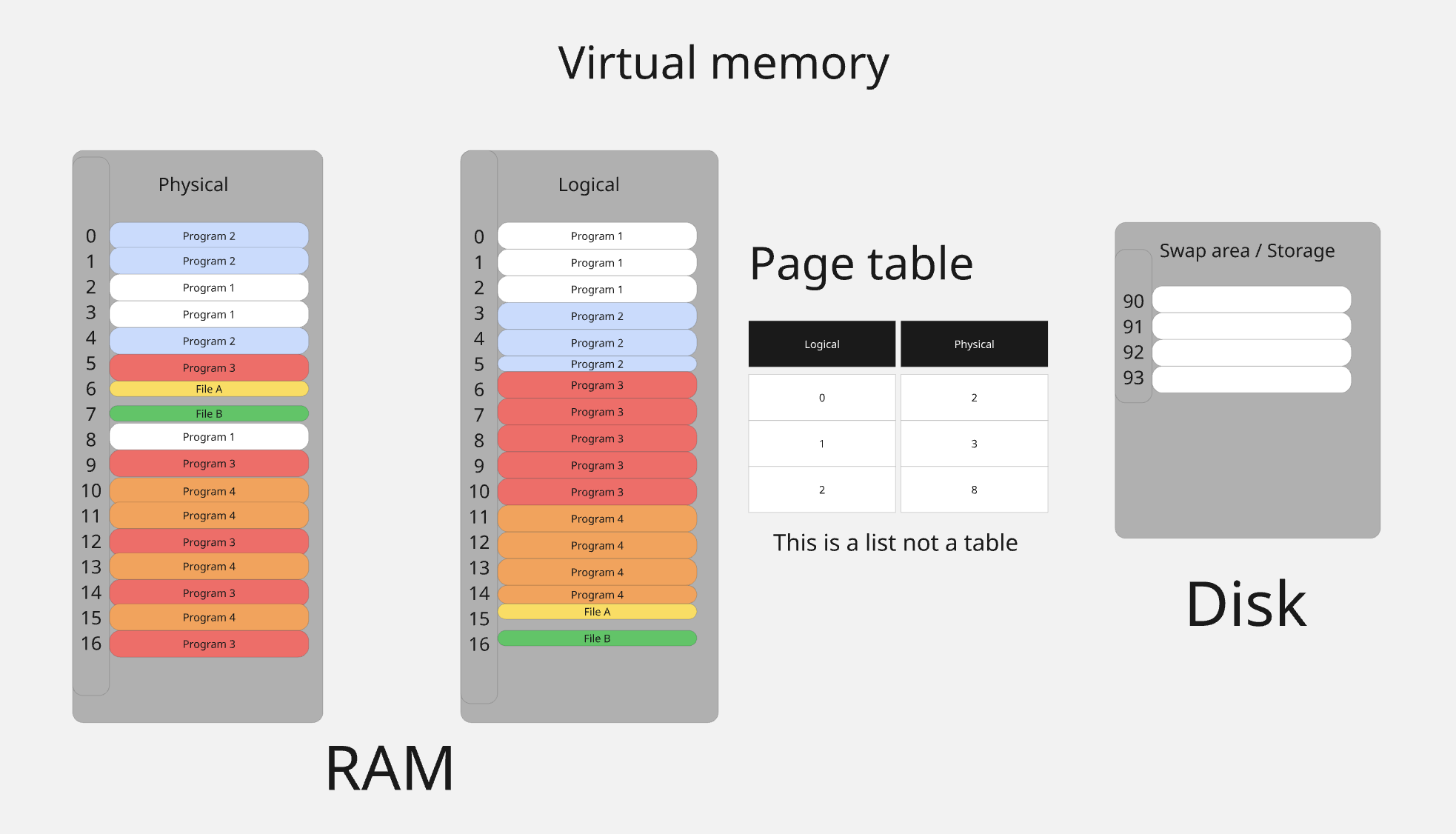People living in societies with more corruption, inequality, poverty and violence are more likely to exhibit "dark" personality traits—like narcissism, psychopathy and spitefulness.
This is the conclusion of a new study led by psychologist professor Ingo Zettler of the University of Copenhagen, which analyzed data on nearly 2 million people across 183 countries and all 50 U.S. states.
"It is relatively well known that both genetic and socio-ecological factors shape individuals' personality. However, respective research has hardly considered ethically or socially aversive personality characteristics," Zettler told Newsweek.
Given that we now have data from about 2 million people across the world who filled out our measure on the core underlying all aversive traits via our website, we thought it would be interesting to see whether adverse societal conditions contribute to the proliferation of selfish, egoistic, and other traits," Professor Ingo Zettler told Newsweek.

Previous studies have shown that the so-called "dark triad" of personalities can show on people's faces and can even make people appear more attractive. The new analysis, however, ties these personality types to specific social settings.
In their study, to quantify societal adversity, the team used World Bank data on corruption (control of corruption), inequality (Gini index), poverty (headcount ratio at $6.85/day), and violence (homicides per 100,000 people).
For U.S. states, the researchers used Census Bureau data on inequality and poverty, FBI homicide rates, and Justice Department corruption convictions. These metrics allowed consistent comparisons across global and state-level contexts to assess long-term societal conditions.
Combining this data with the personality questionnaire results of more than 2 million participants, a clear relation appeared.
"The more adverse conditions in a society, the higher the level of the dark factor of personality among its citizens. This applies both globally and within the United States," Zettler said.
Analysis of the data found that countries like Indonesia and Mexico or U.S. states such as Louisiana and Nevada—which had higher levels of corruption, inequality, poverty, and violence—also have higher "Dark Factor" levels.
Ingo Zettler
Meanwhile, people in countries with lower levels of societal corruption and inequality, like Denmark and New Zealand, or states such as Utah and Vermont, tended to have have fewer "Dark Factor" personality traits.
Although the observed link between environment and personality was moderate, the authors emphasize its real-world consequences.
"Aversive personality traits are associated with behaviors such as aggression, cheating, and exploitation—and thus with high social costs. Therefore, even small variations can lead to large differences in how societies function," Zettler explained.
Zettler believes that the findings of this study could help shape views on societal reforms and the importance of building better societies.
"Our findings substantiate that personality is not just something we are born with, but also shaped by the society we grew up and live in," he said.
This means that reforms that reduce corruption and inequality not only create better living conditions just now, they may also contribute to mitigating aversive personality levels among the citizens in the future."
Do you have a tip on a science story that Newsweek should be covering? Do you have a question about psychology? Let us know via [email protected].
Reference
Zettler, I., Lilleholt, L., Bader, M., Hilbig, B. E., & Moshagen, M. (2025). Aversive societal conditions explain differences in "dark" personality across countries and US states. Proceedings of the National Academy of Sciences, 122(20), e2500830122. https://doi.org/10.1073/pnas.2500830122
.png)




